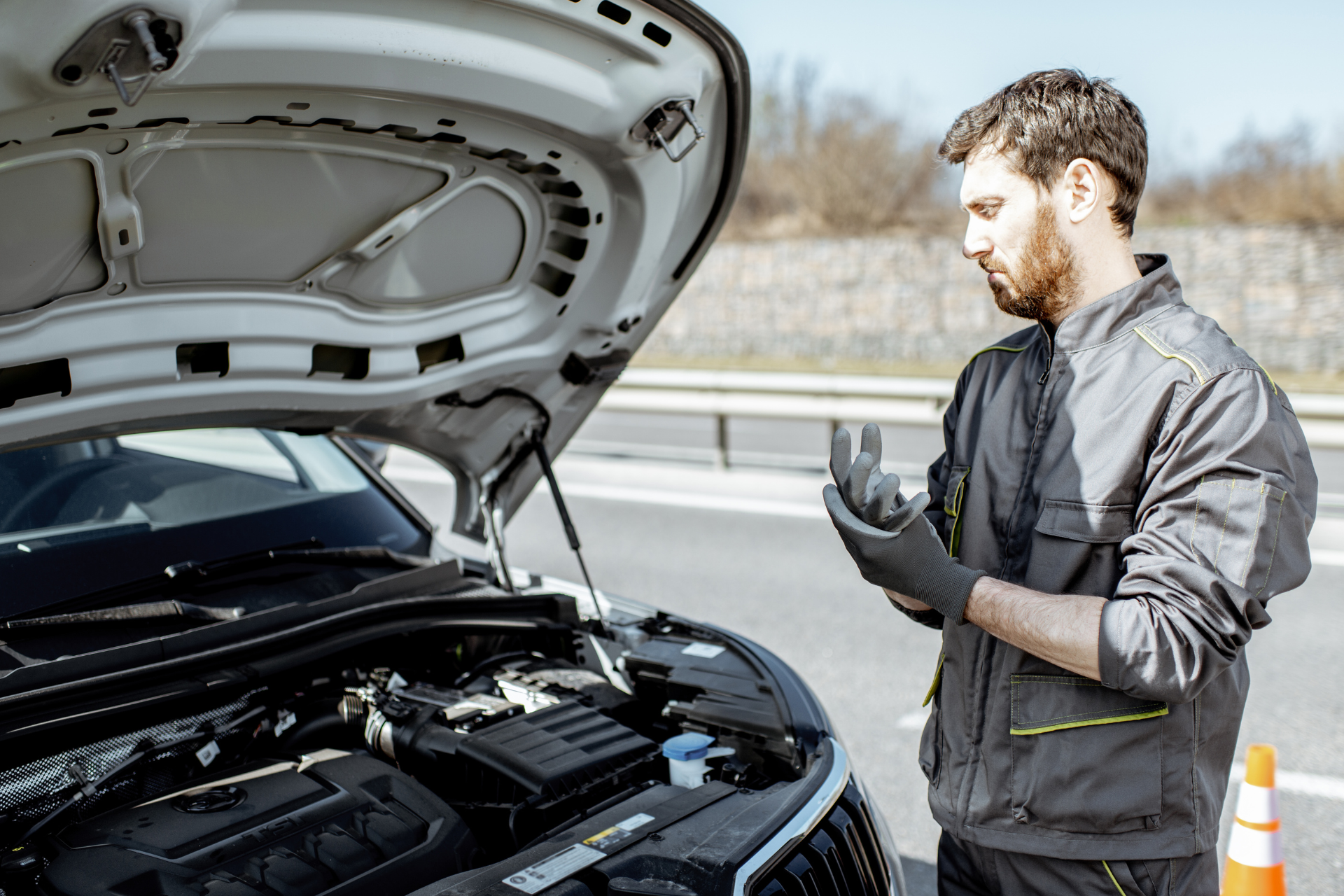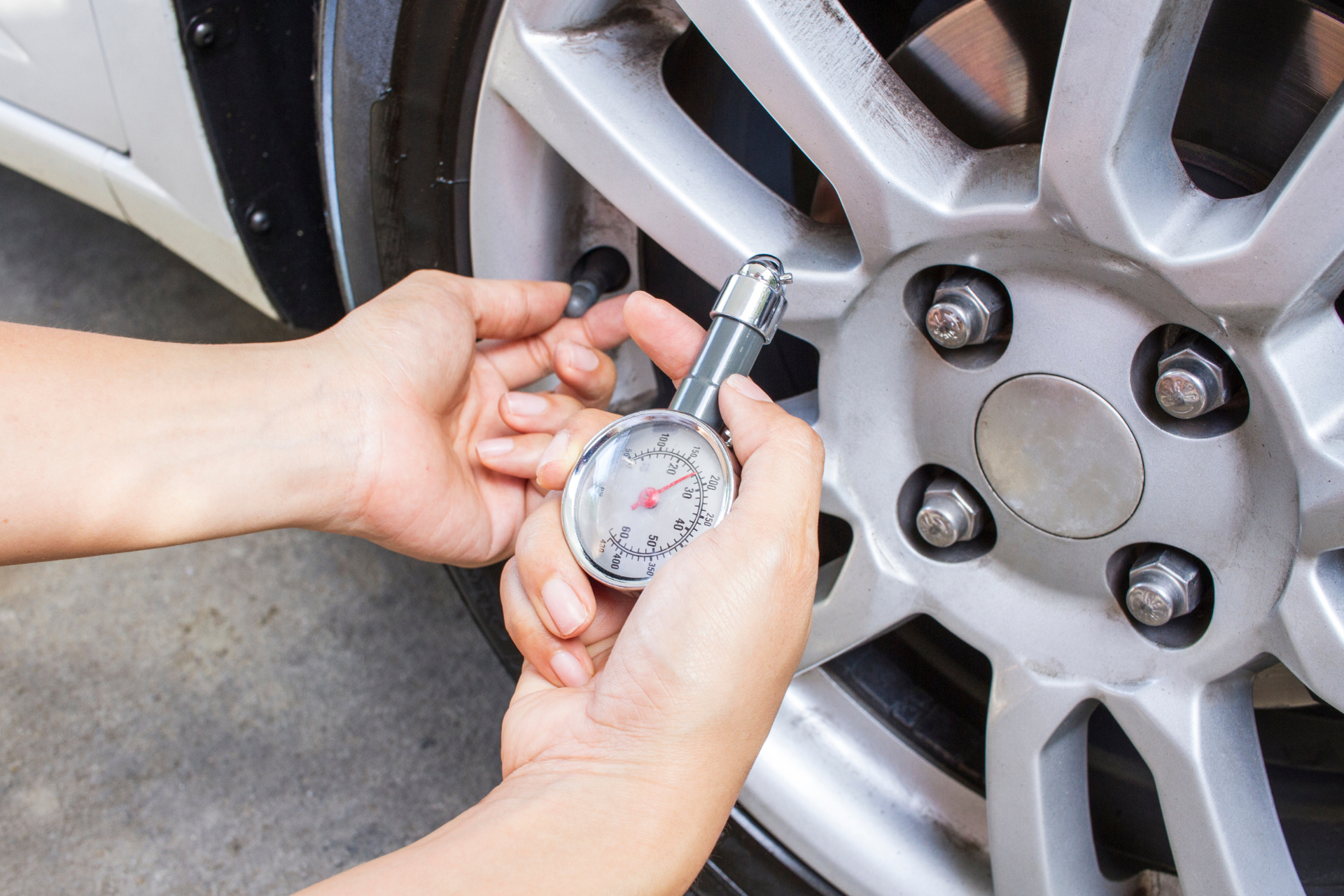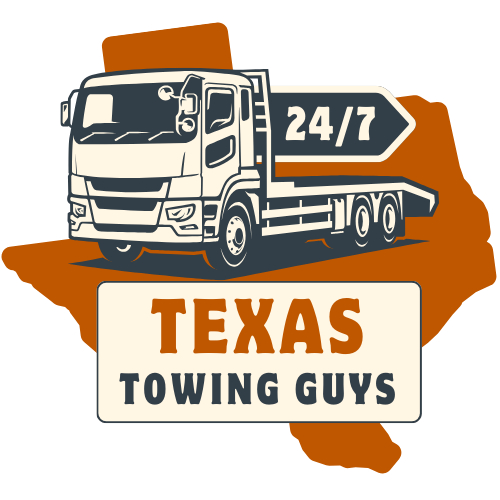The Science Behind Towing Capacity

Welcome back to the Texas Towing Guys blog! Today, we’re diving deep into a topic that all vehicle owners and towing enthusiasts should understand: towing capacity. Whether you’re planning a weekend getaway with your RV or need to haul some heavy equipment for work, knowing the science behind your vehicle's towing capacity can save you from major headaches down the road (or worse, have you stranded on the side of the road!).
So, what exactly is towing capacity? Simply put, it’s the maximum weight your vehicle is rated to safely tow. This figure is determined by the manufacturer and is crucial for ensuring that your vehicle operates efficiently, and—most importantly—safely. Exceeding your vehicle’s towing capacity can lead to various problems including reduced braking ability, poor handling, and even severe engine strain.
Understanding the Components of Towing Capacity
Towing capacity is not just a single number; it’s influenced by several crucial factors, all of which work together to determine what your vehicle can safely handle.
1. Gross Vehicle Weight Rating (GVWR)
This is the maximum weight of your entire vehicle when fully loaded— that means the weight of the vehicle itself plus any cargo and passengers. Your towing capacity is often a percentage of the GVWR.
2. Curb Weight
This is the weight of your vehicle without any cargo or passengers but with a full tank of gas. Knowing your curb weight helps you understand the limits of what you can tow without exceeding that GVWR.
3. Tongue Weight
This is the downward force exerted by the trailer onto the hitch of your vehicle. It typically needs to be about 10-15% of the total trailer weight. Too much tongue weight can affect how your vehicle handles, leading to unsafe driving conditions.
4. Engine Power and Torque
The powertrain of your vehicle plays a role as well. A vehicle with a robust engine and high torque is better equipped to handle heavier loads. Manufacturers provide towing specifications based on these capabilities.
5. Trailer Braking
If you're towing something heavy, having brakes on your trailer can make a world of difference. Many states require trailers over a certain weight to have their own braking capabilities, which can enhance safety while reducing the strain on your vehicle.
Why It Matters
So why should you care about towing capacity? An mismatch between your vehicle and trailer not only puts risks to your safety but also affects your vehicle’s performance and longevity. Over time, towing beyond what your vehicle can handle can lead to increased wear and tear on critical components like your transmission, brakes, and frame.
At Texas Towing Guys, we often receive calls from drivers who are stuck because they’ve overloaded their vehicles. That’s why we’re here to remind you: understanding your towing capacity isn’t just a guideline—it’s vital!
Before you hook up that trailer or load up the boat for the weekend, take a moment to consult your vehicle's owner manual or the manufacturer's website. Find that towing capacity number and make sure you stick within those limits.
Remember, a little bit of knowledge goes a long way—and Texas Towing Guys are here to help you on your journey, whether it’s with dependable towing services or sound advice. Stay safe out there on Texas roads!




